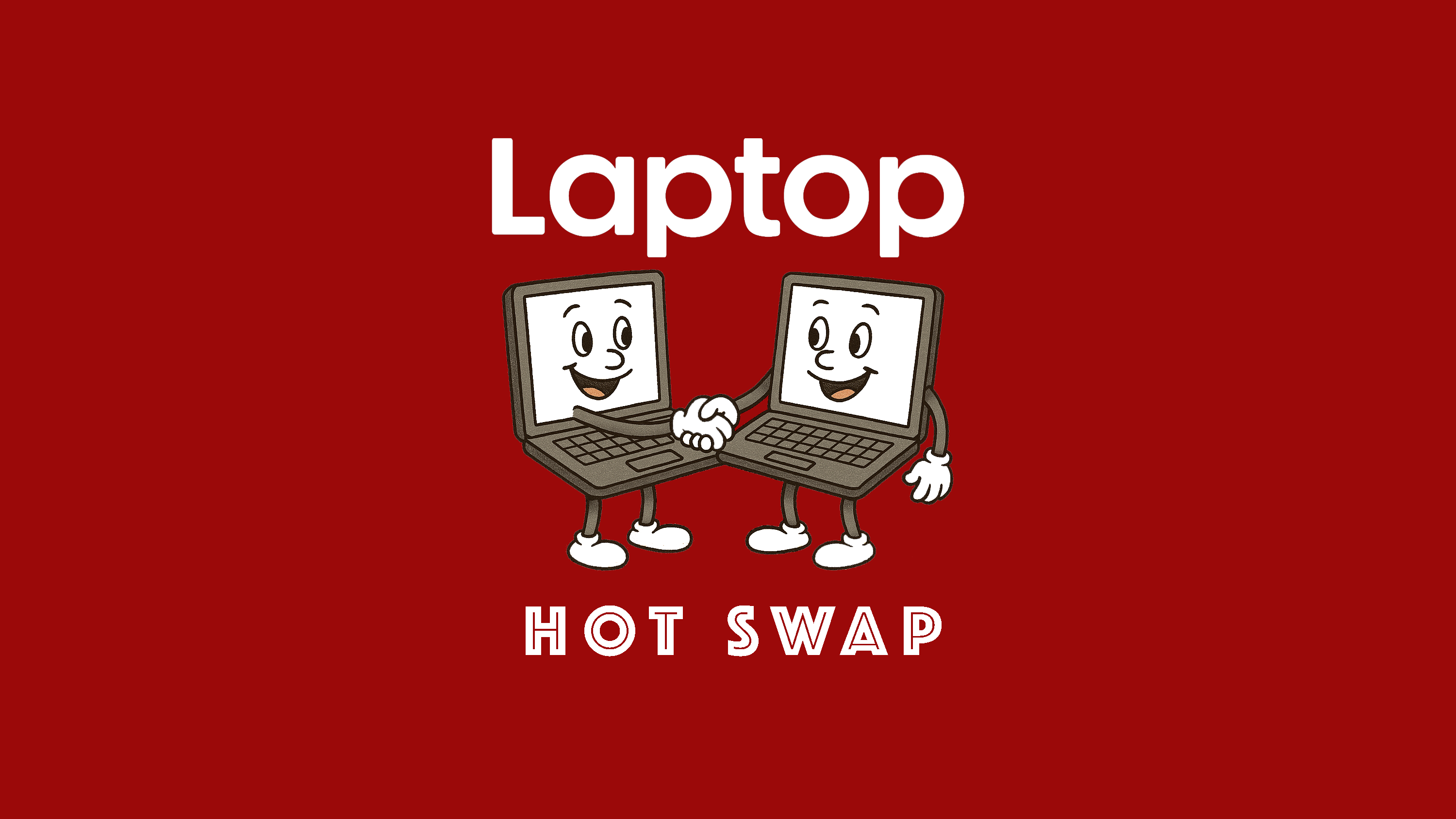Lenovo Legion 7i gaming laptop with 16-inch display packs 11th Gen Intel Core i9 and RTX 3080
Lenovo unveiled four new laptops in the Legion 7i, Legion 5i Pro and Legion 5i (15-inch and 17-inch)
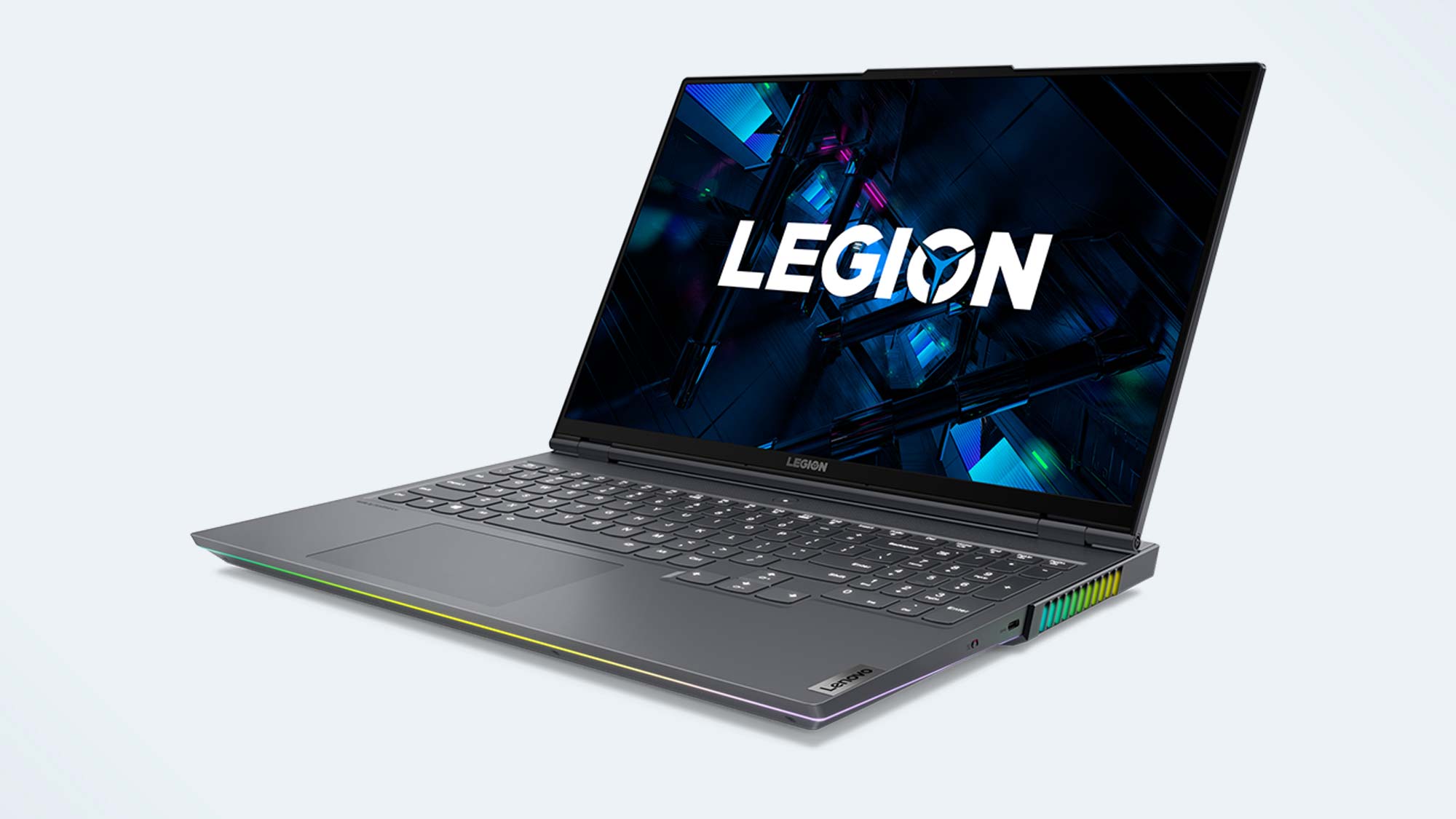
With new chips come new laptops. Following Intel's announcement of its 11th Gen H-series processors, Lenovo has revealed a new lineup of Legion gaming notebooks: the Legion 5i 15, Legion 5i 17, Legion 5i Pro, and Legion 7i. This quartet uses the new Intel chips alongside Nvidia GeForce 30-series graphics cards to provide enough performance to play the latest AAA games at high frame rates and resolution.
If there is a hero laptop among the newcomers, it's the Legion 7i, a beastly rig that can be configured with up to an Intel Core i9-11980HK CPU and Nvidia GeForce RTX 3080 GPU with 16GB of vRAM. This 5.5-pound monster comes with a 16-inch display, a unique screen size Lenovo is also using for the Legion 5i Pro.
If you haven't read our coverage of the new Intel 11th Gen H-series CPUs, it will give you an idea of what sort of speeds and frame rates to expect from these machines. In this article, we'll focus on the hardware, from the new designs to the display options, ports and keyboards. Below is a rundown of the new Lenovo Legion 5i 15, Legion 5i 17, Legion 5i Pro and Legion 7i, a group that could soon find itself on our best gaming laptops page.
Lenovo Legion 5i, 5i Pro and 7i pricing and availability
The Lenovo Legion 7i will start at $1,769.99 and is expected to be available starting June 2021.
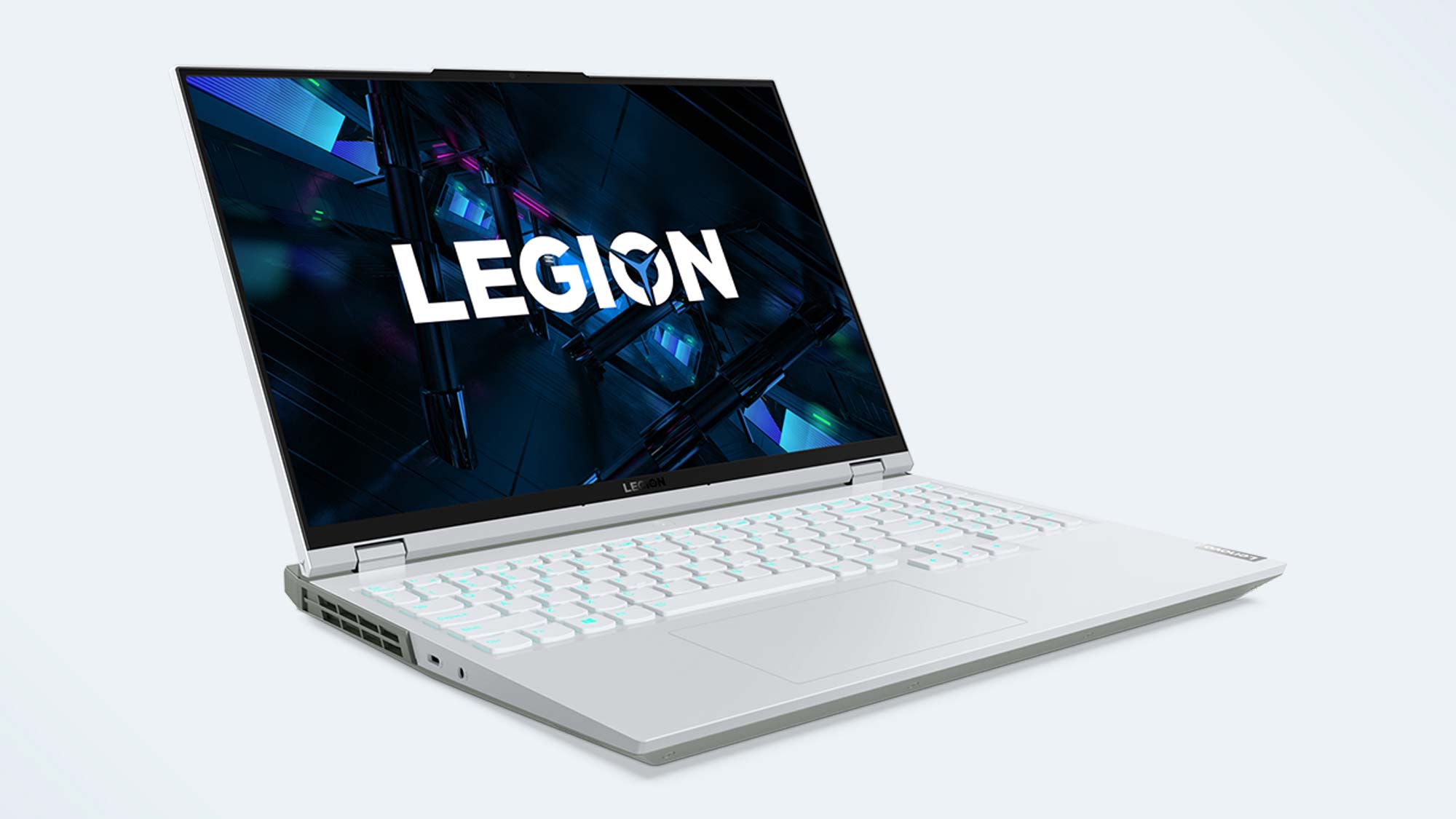
The Lenovo Legion 5i Pro will start at $1,329.99 and should be available starting in June 2021.
The more entry-level Legion 5i in 15-inch and 17-inch sizes will start at $969.99 and start shipping in July 2021.
Lenovo Legion 7i
The baddest but not the biggest of this group, the Legion 7i combines the most powerful components available for laptops into a relatively compact chassis. It has a long list of standout features starting with the 16-inch display. Yes, that's right, this laptop has a 16-inch display which we suspect will become a new standard in the industry, particularly with gaming laptops.
Stay in the know with Laptop Mag
Get our in-depth reviews, helpful tips, great deals, and the biggest news stories delivered to your inbox.
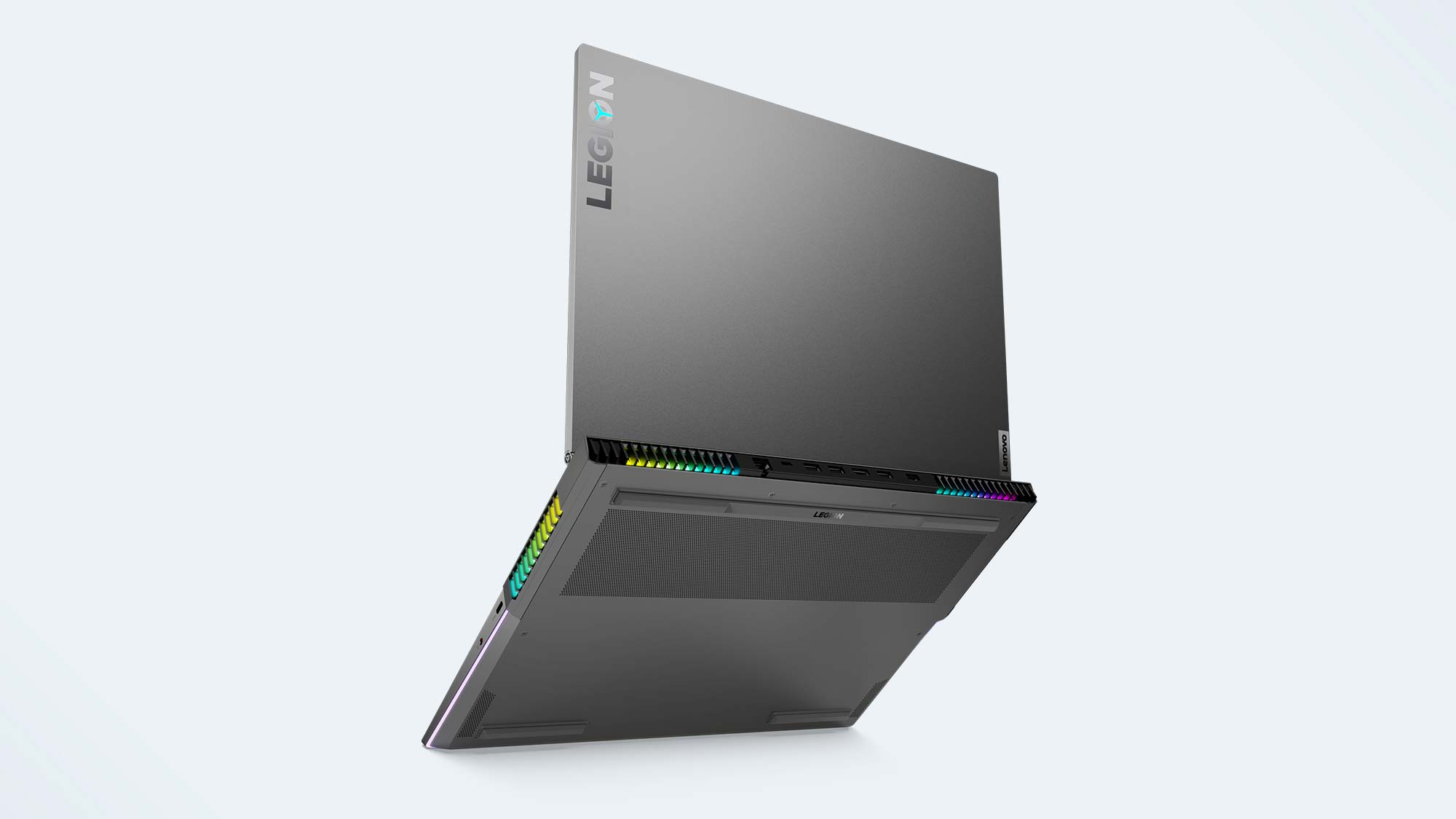
The Legion 5i Pro is similar to the Legion 7i, but trades some power for a lower price. There are also some design differences. The Legion 5 is available in white (with a sage bottom panel) or gray and features a large Legion logo centered on the lid. The keyboard is either white, blue or four-zone backlit and you won't find RGB illuminating out of the side vents. At 1.1 inches and 5.4 pounds, the Legion 5i Pro is slightly chunkier, but not as heavy as the Legion 7i.
The 16-inch, 2560 x 1600-inch display has a 16:10 aspect ratio for more vertical space and a 165Hz refresh rate for smooth gameplay. The 3-millisecond response time should ensure you're one step ahead of your enemies. Lenovo says the panel covers 100% of the sRGB color gamut and reaches 500 nits — if these numbers hold true, this will be one of the brightest and most vivid panels we've seen on a gaming laptop.
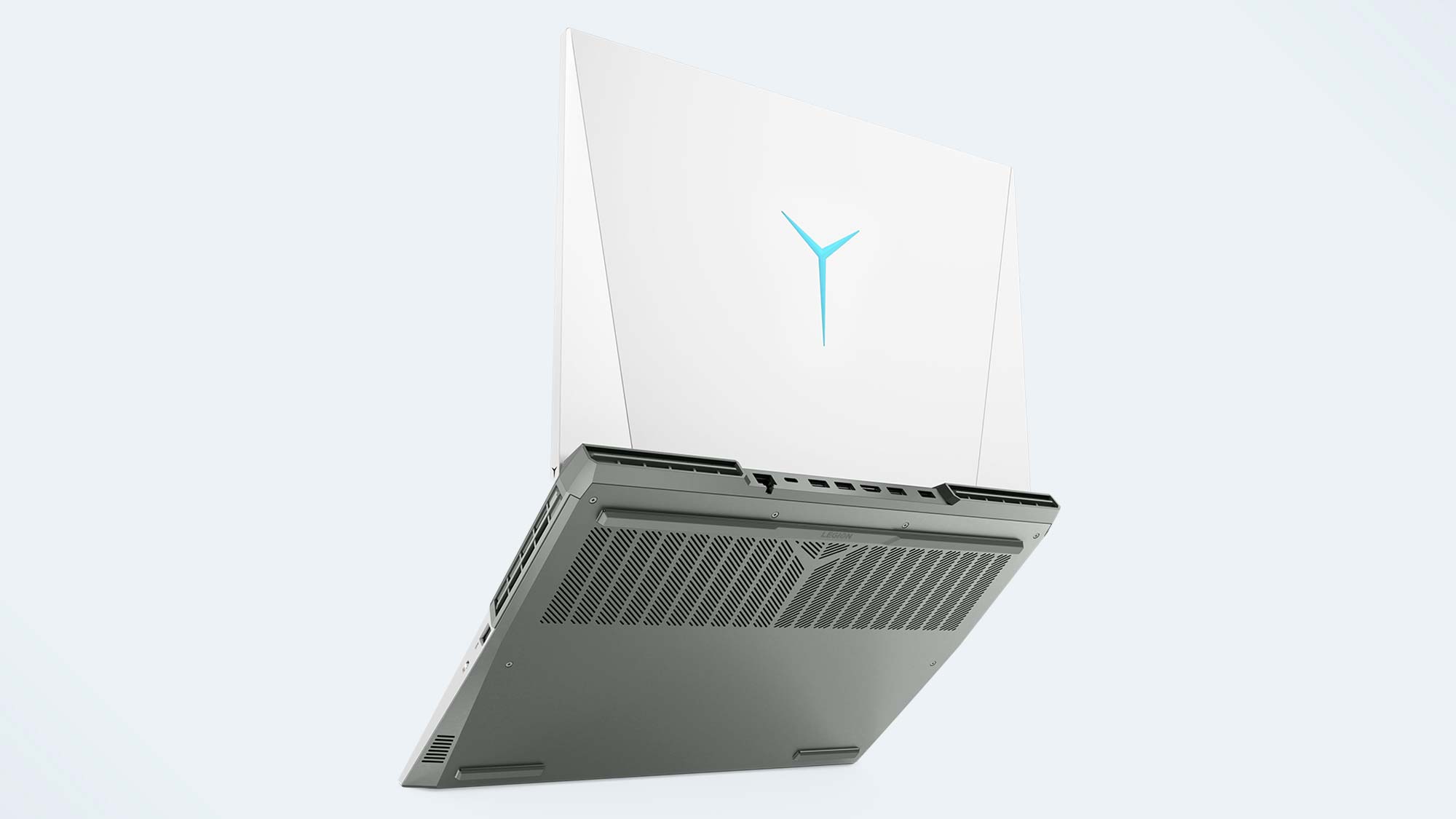
We haven't seen this beast in person, but based on the images Lenovo sent, it appears to have an understated design. As a result, the Legion 7i looks more like an IdeaPad or Yoga than a gaming laptop. It has a gray lid with subtle Legion branding in one corner and a small Lenovo tag on the right side of the deck.
There is some (Corsair iCue) RGB lighting for added flair on the keyboard (per-key lighting), the large aggressive vents on the side, and the logo on the lid. The display bezels look thin and yet there is a shutter for the 720p webcam. At 0.9 inches thick and 5.5 pounds, the Legion 7i isn't something you'd want to carry around often, but it's portable enough to throw in a backpack during travel.
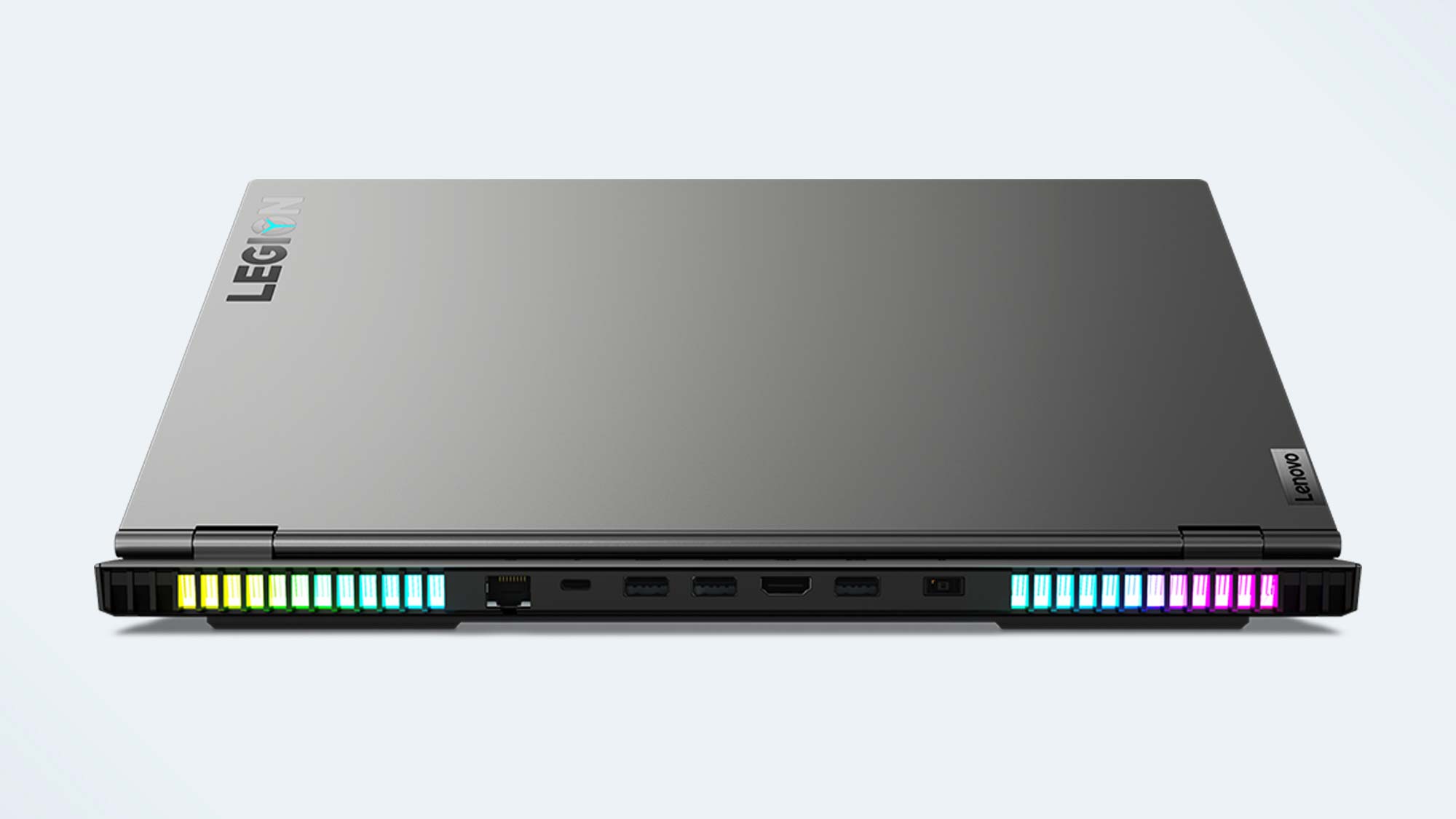
Ports are aplenty on the Legion 7i; there is a Thunderbolt 4 on the left side and the rear, along with a USB Type-C input on the right alongside an e-Shutter button. Also on the rear are three USB Type-A inputs, an HDMI 2.1 port and an RJ45 Ethernet hookup. The headphone/mic jack is on the left side.
Now we get to the fun stuff. The Legion 7i can be equipped with either an Intel Core i7-11800H CPU or a Core i9-11980HK CPU, the latest 45W chips from Intel. These processors are paired with Nvidia GeForce RTX 3060 (6GB vRAM), GeForce 3070 (8GB vRAM), or GeForce 3080 (16GB GDDR6 vRAM) graphics cards. You can configure the Legion 7i with 16GB or 32GB of RAM and up to a 2TB PCIe SSD.
As for the battery life, Lenovo estimates the Legion 7i will last for 8 hours on a charge. When juice is running low, you can get 2 hours of runtime after being connected for just 15 minutes.
Lenovo Legion 5i Pro
For ports, you get one Thunderbolt 4 and a headphone jack on the left side, along with a USB Type-C input and an e-shutter button on the right. On the rear, is where you'll find three USB 3.2 Type-A inputs, a Thunderbolt 4 port, an HDMI 2.1 connection and an RJ45 Ethernet port.
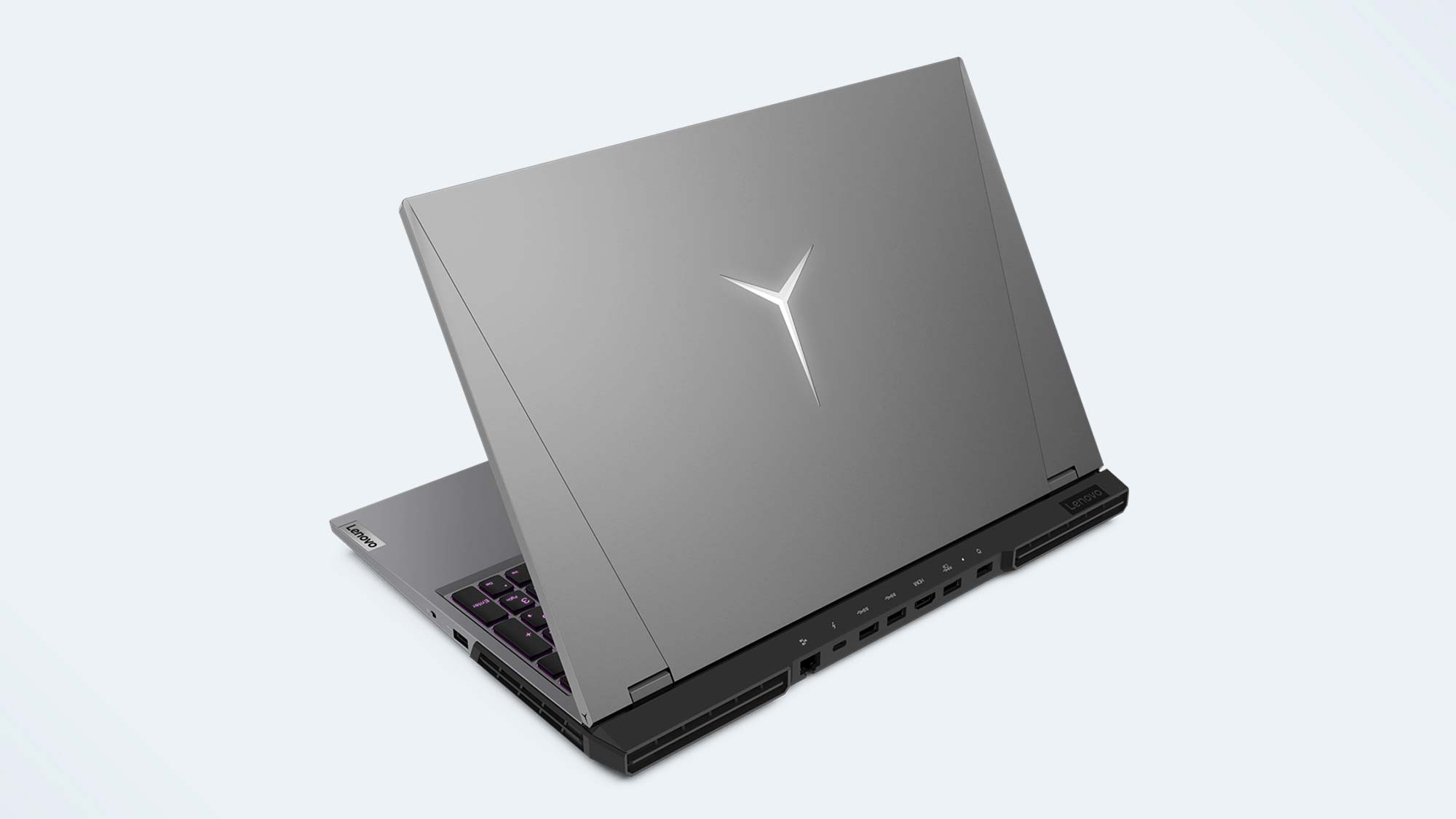
What the Legion 5i Pro doesn't sacrifice is the display, as it uses the same 16-inch, 2560 x 1600-pixel panel with a 165Hz refresh rate and 3ms response time as the Legion 7i.
Stepping down from the Legion 7i, the Legion 5i Pro can be equipped with an Intel Core i7-11400H or Core i7-11800H CPU along with up to an RTX 3070 (8GB vRAM) GPU. Interestingly, the Legion 5i Pro starts with the newly unveiled RTX 3050 and RTX 3050 Ti GPUs, both of which have 4GB of vRAM.
As for the rest of the specs, the Legion 5i Pro can be configured with up to 32GB of RAM and up to 1TB of Gen 4 PCIe SSD. Lenovo rates its battery life at 8 hours.
Lenovo Legion 5i 15 and 17
If you're on a budget, the Legion 5i in 15-inch and 17-inch models will give your wallet a break. They don't have the same features and rely on lower-tier components, but you still get the latest 11th Gen Intel CPUs and Nvidia GeForce 30-series graphics.
The Legion 5i 15 comes in at 1-inch thick and 5.3 pounds while the Legion 5i 17 is a hefty 6.6 pounds and 1 inch thick. They have the same understated design in a Phantom Blue color with a white-backlit keyboard.
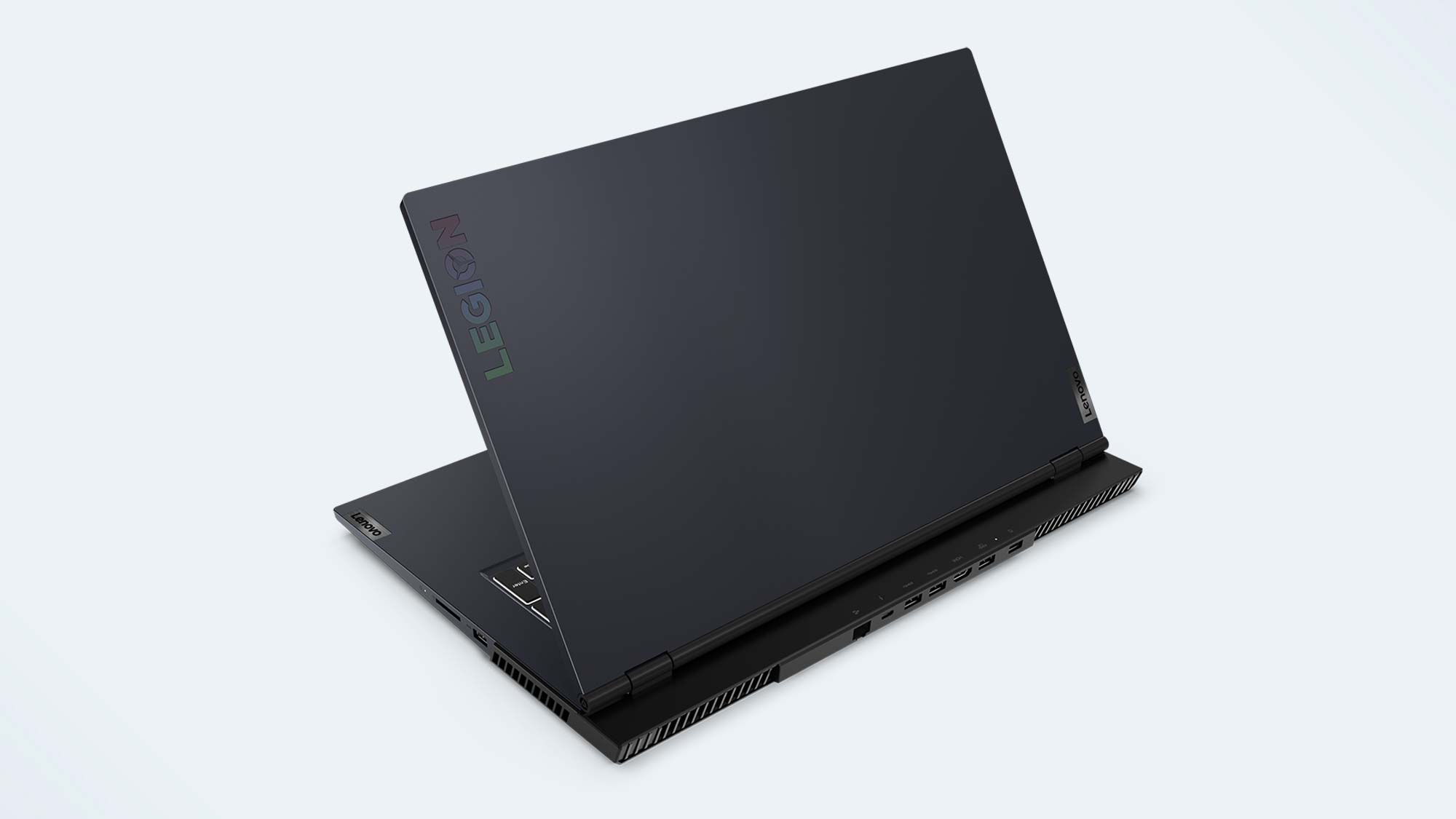
You get a similar selection of ports regardless of which size you choose. There is a Thunderbolt 4 and headphone jack on the left edge, and a USB Type-C and e-Shutter button on the right side. The only addition on the 17-inch model is an SD card slot on the right. On the rear of both models are three USB 3.1 Type-A inputs, a Thunderbolt 4 port, an HDMI 2.1 and an RJ45 Ethernet port.
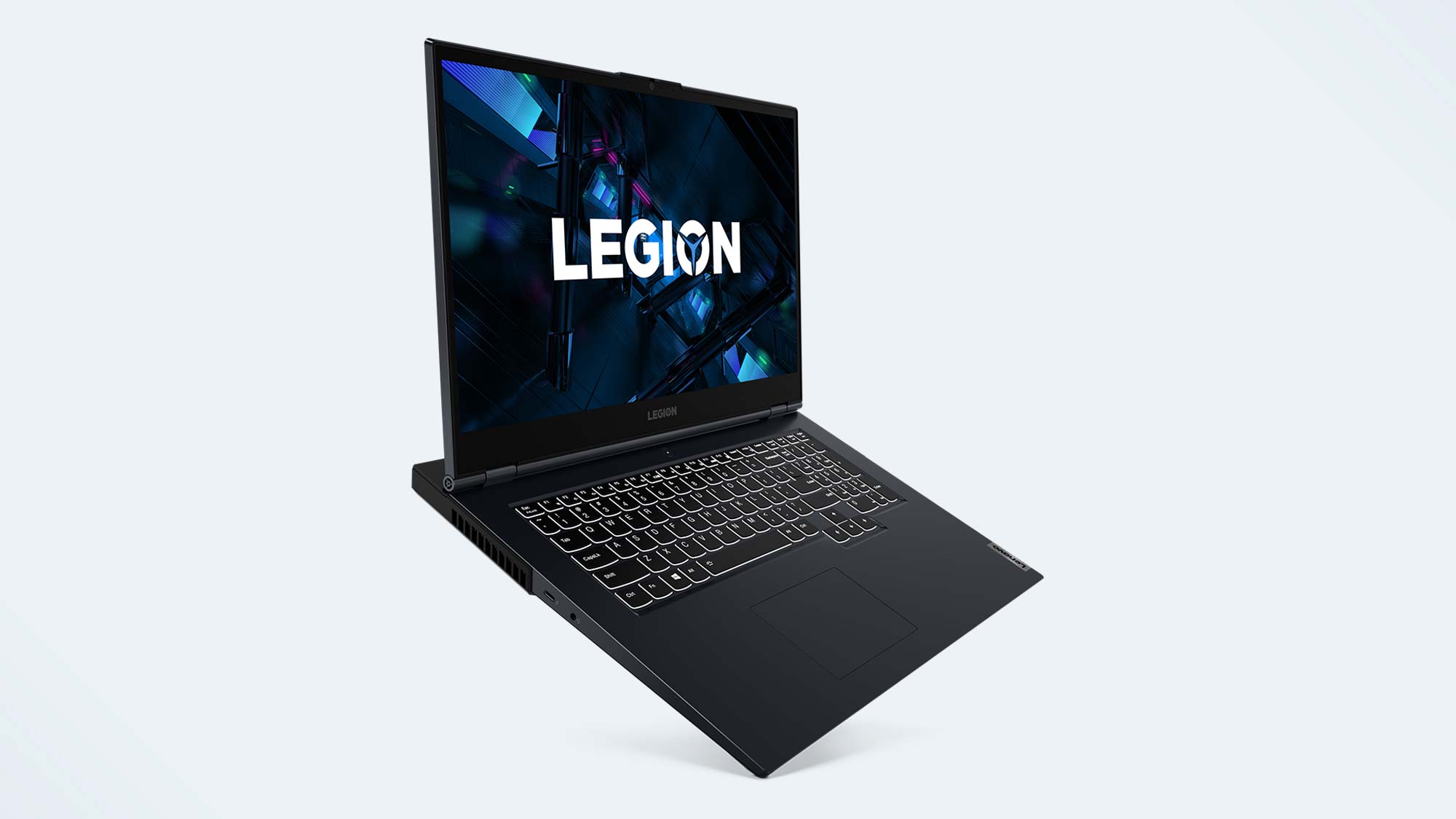
There are tons of display options. The 15-inch model starts with a 15-inch, 1080p IPS display and goes up to a 2560 x 1440-pixel IPS panel at 300 nits with a 165Hz refresh rate and a 3ms response time. On the 17-inch model, you can choose between a 1080p panel with a 60Hz refresh rate or one at 144Hz.
Both models can be configured with the same components starting with either an Intel Core i7-11400H or Core i7-11800H CPU. Graphics come by the way of the new Nvidia GeForce RTX 3050 GPU with 4GB vRAM all the way up to an RTX 3070 with 8GB vRAM. Oddly, RAM can be configured to 32GB on the 15-inch model but only 16GB on the 17-inch version. Both laptops get up to 2TB of storage, though the 15-inch relies on M.2 storage while the 17-inch can pack a PCIe Gen 4 SSD.
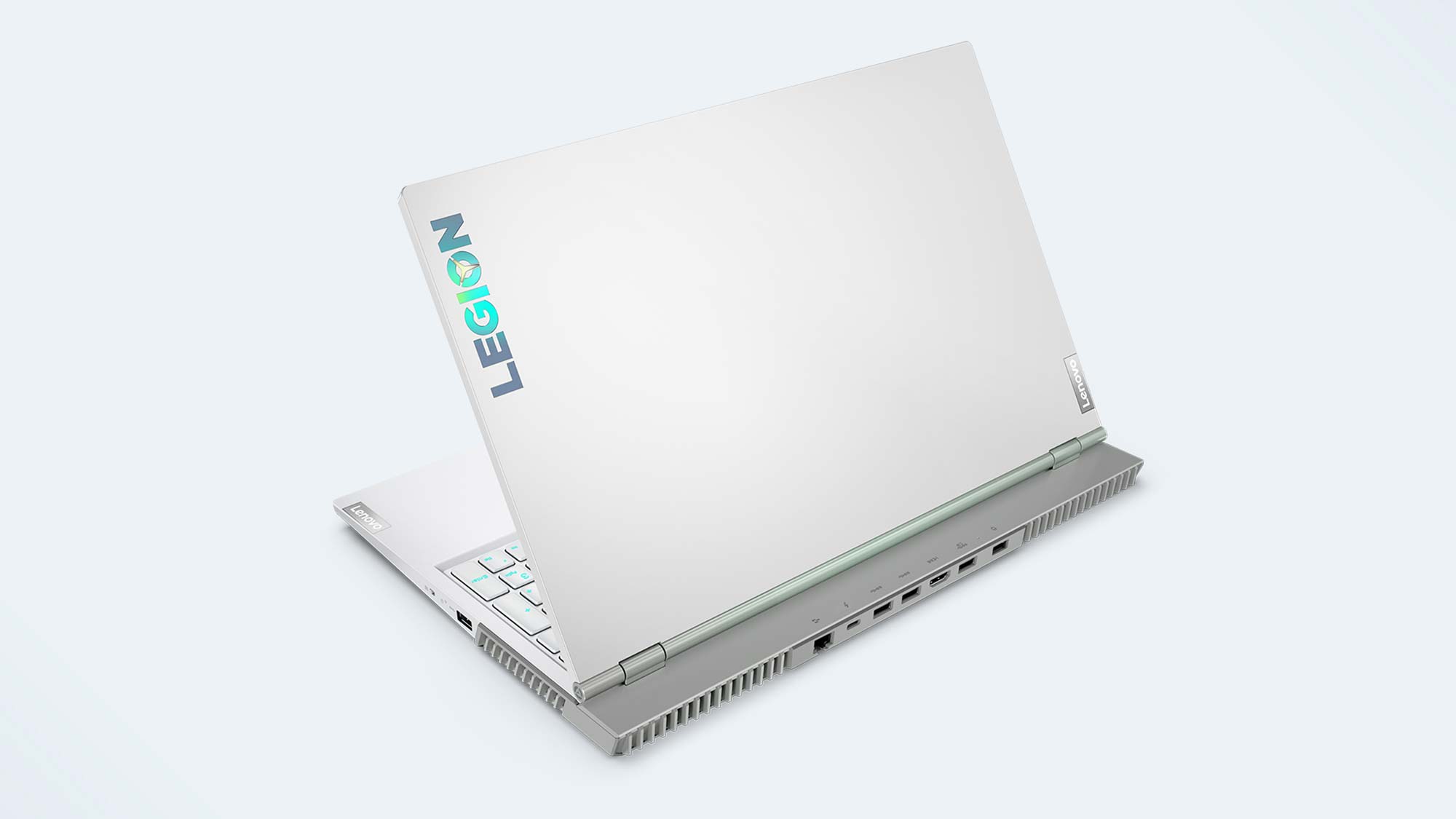
The battery life of both of these models is rated at 8 hours.
Outlook
Lenovo's refreshed Legion gaming laptop lineup has something for everyone. While they aren't the most portable options, the Legion 7i, Legion 5i Pro and Legion 5i come at a range of prices with various configurations. If you have a large budget, the Legion 7i can be equipped with an 11th Gen Intel Core i9 CPU and up to an RTX 3080 GPU. On the other end, the Legion 5i starts at less than $1,000 when configured with a Core i7 CPU and the new RTX 3050 GPU.
Of course, we can't give a verdict until we've received a review unit and put it through its paces. However, I'm eager to get my hands on these gaming rigs, especially the Legion 7i and Legion 5i Pro, both of which flaunt enticing 16-inch panels with high refresh rates. I have no doubts that these laptops will perform well in our testing, but what about the rest of the package? We should find out in the coming months.
Phillip Tracy is the assistant managing editor at Laptop Mag where he reviews laptops, phones and other gadgets while covering the latest industry news. After graduating with a journalism degree from the University of Texas at Austin, Phillip became a tech reporter at the Daily Dot. There, he wrote reviews for a range of gadgets and covered everything from social media trends to cybersecurity. Prior to that, he wrote for RCR Wireless News covering 5G and IoT. When he's not tinkering with devices, you can find Phillip playing video games, reading, traveling or watching soccer.

